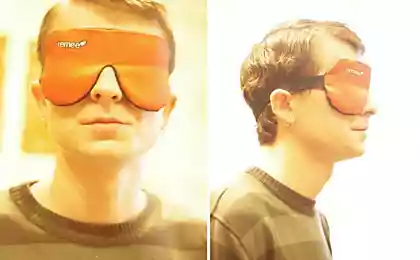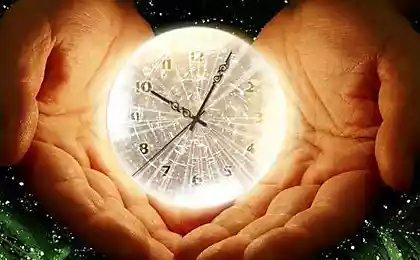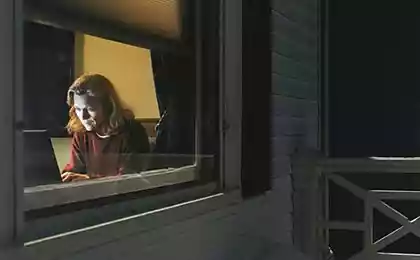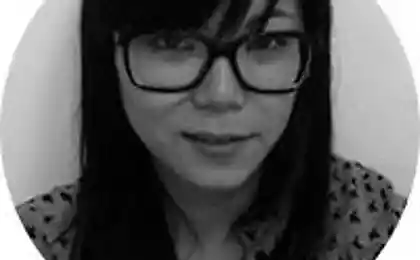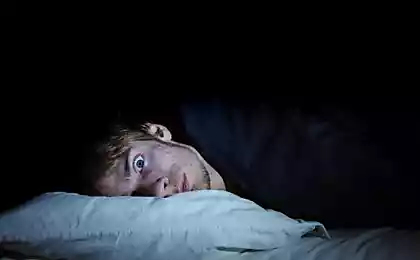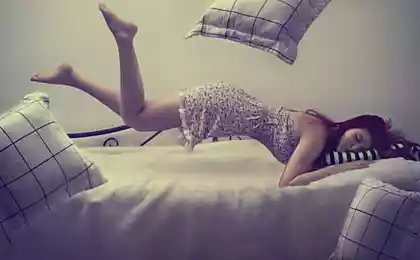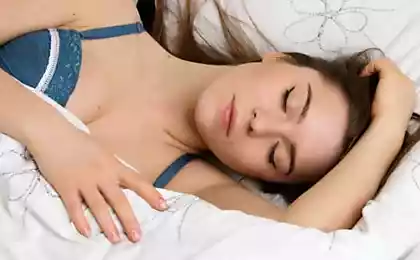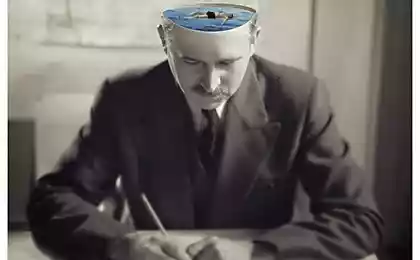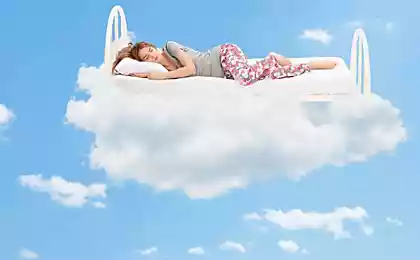204
Rules for healthy sleep
In the modern rhythm of life, there is not always time to monitor the sleep regime, but these are only until there are problems with falling asleep. A couple of days without a normal sleep - and you squeeze like a lemon, no energy for work, hobbies and even to get out of bed. To avoid this, it is very important to follow some rules.

NASA astronauts know about sleep problems like no other. During flights, they often experience insomnia. To protect astronauts from sleep disorders, scientists have developed universal rules. Editorial "Site" He says, How to sleep As effective as possible and fall asleep in the blink of an eye.
Sleep rules
All these rules will help you to make your daily sleep as effective as possible, and also to fall asleep in the blink of an eye. 7 Simple Rules and No More Sleep Problems!
Earlier we talked about how many hours you need to sleep people of different age groups.
We also explained why it is best to sleep in socks.
They also told how much you need to put the child to sleep so that he was healthy and cheerful.
Are all these rules helping you?

NASA astronauts know about sleep problems like no other. During flights, they often experience insomnia. To protect astronauts from sleep disorders, scientists have developed universal rules. Editorial "Site" He says, How to sleep As effective as possible and fall asleep in the blink of an eye.
Sleep rules
- Give up habits that harm sleep
What we do before going to bed has a huge impact on falling asleep. If you go for a run or workout late at night, it activates all the processes in the body, which will take more time to fall asleep. Sleep will be restless and disturbing. Therefore, astronauts at bedtime reduce physical activity and avoid heavy food, so that it does not take away energy and does not interfere with good sleep. Improve sleep can slow walks in the fresh air and a light dinner. Believe me, in the morning the head will be clear and the body rested.
- Restriction on the use of electronic devices
Short-wavelength light emitted by computers, smartphones and other electronic devices impairs sleep. The fact is that bright radiation suppresses the production of melatonin. That’s why when we stay up late at the computer, we don’t want to sleep. This causes a sleep disturbance, so astronauts recommend stopping using electronic devices 2-3 hours before bedtime. If you are not ready to go to extreme measures, then start small: use glasses with special lenses or install an application with a blue filter.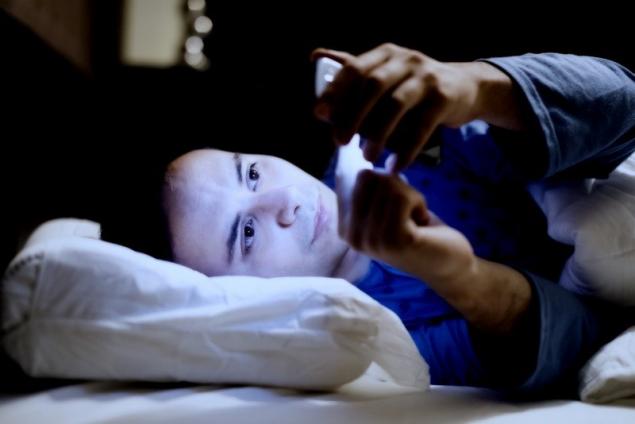
- Creating a sleepy atmosphere
On the space station, all crew members have their own sleeping cabins without windows. And this is not economy, but ordinary rationalism. This is done so that frequent sunrises do not worsen the sleep of astronauts. The less light enters the room, the higher the melatonin level, and the better the quality of sleep. If it is not possible to eliminate all sources of noise and light, at the time to use a sleep mask and buy earplugs. Also, do not forget to ventilate the room so that your head does not hurt because of stagnant air in the morning.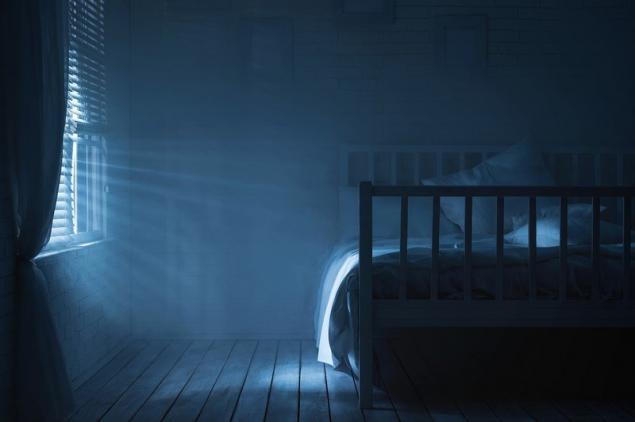
- Compliance with the regime
The sun rises in orbit every 90 minutes. And that, for a minute, 16 times a day. Because of this, astronauts often have irregular sleep rhythms. And the most effective solution to this problem is the habit of going to bed and waking up at the same time. For astronauts, this is a real salvation. Honestly, this is a salvation for the ordinary person. A well-functioning sleep schedule solves more than half of our problems with falling asleep and waking up calmly. If you get used to living according to one routine, you will soon notice how cheerful you have become.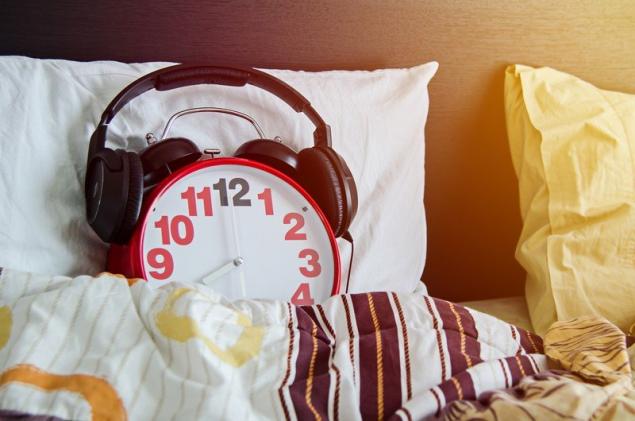
- Taking melatonin and caffeine
In order not to stray from the rhythm, astronauts resort to taking synthetic melatonin and caffeinated products. Melatonin has a sedative effect and helps to sleep, and caffeine helps when you still failed to sleep. In our conditions, melatonin can be obtained by reducing the amount of light in the room, but caffeine is simply indispensable. Scientists have found that to get the maximum benefit from caffeine, its amount in the blood should be about 400 mg. To do this, you need one large cup of coffee after waking up and one after 4 hours.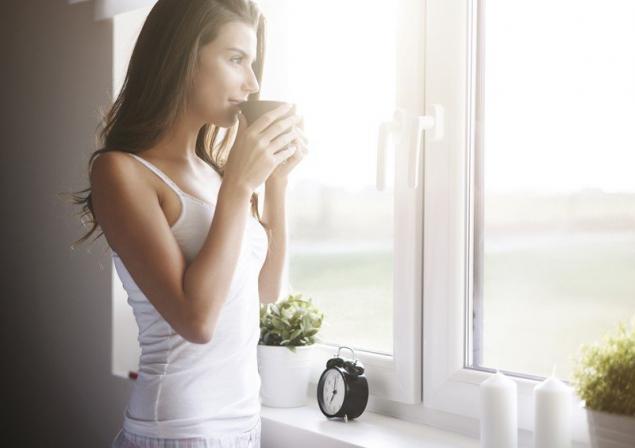
- Relaxation techniques
Very often, sleep is confused due to stress and excessive experiences. In such cases, NASA resorts to cognitive therapy, which helps bring the mental state back to normal. The relaxation technique shows good results. Simple exercises will improve sleep and make you more calm and balanced. Perhaps the simplest and most effective technique for relieving tension in the body is even deep breathing. Take a deep breath for 5 counts, hold your breath, also counting to 5, then exhale as well. Repeat several times as you watch the tension leave your body. Relax and your sleep will be strong and healthy.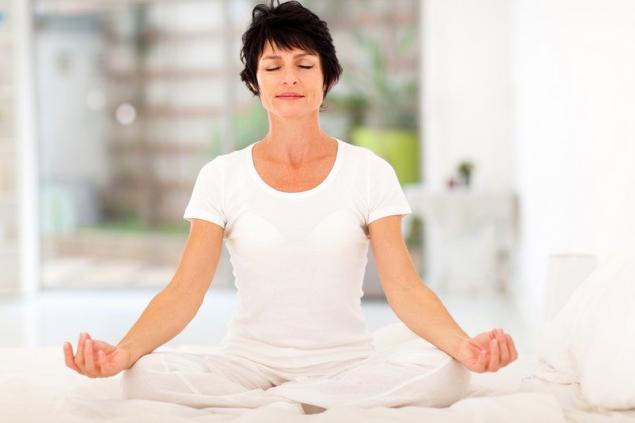
- Proper lighting
Lighting plays an important role in maintaining the biological rhythms of astronauts. That is why the lighting on the ship no longer uses fluorescent lamps with a large proportion of blue light in the spectrum. They replaced them with LEDs, which we recommend you do as well. Try to protect yourself from the effects of fluorescent lamps and replace them with yellow or orange lighting. Such lamps minimally affect the production of melatonin, and therefore your sleep will not interfere.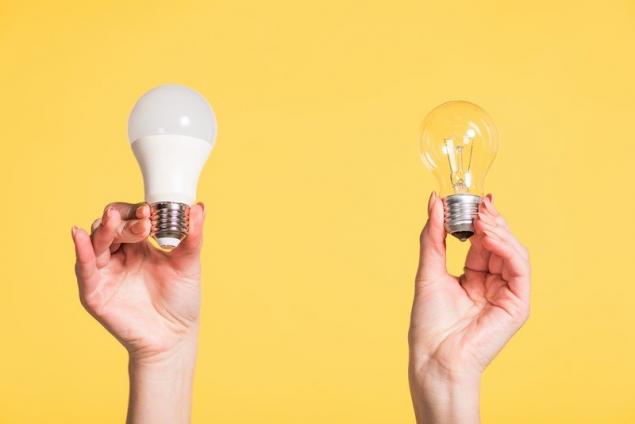
All these rules will help you to make your daily sleep as effective as possible, and also to fall asleep in the blink of an eye. 7 Simple Rules and No More Sleep Problems!
Earlier we talked about how many hours you need to sleep people of different age groups.
We also explained why it is best to sleep in socks.
They also told how much you need to put the child to sleep so that he was healthy and cheerful.
Are all these rules helping you?








